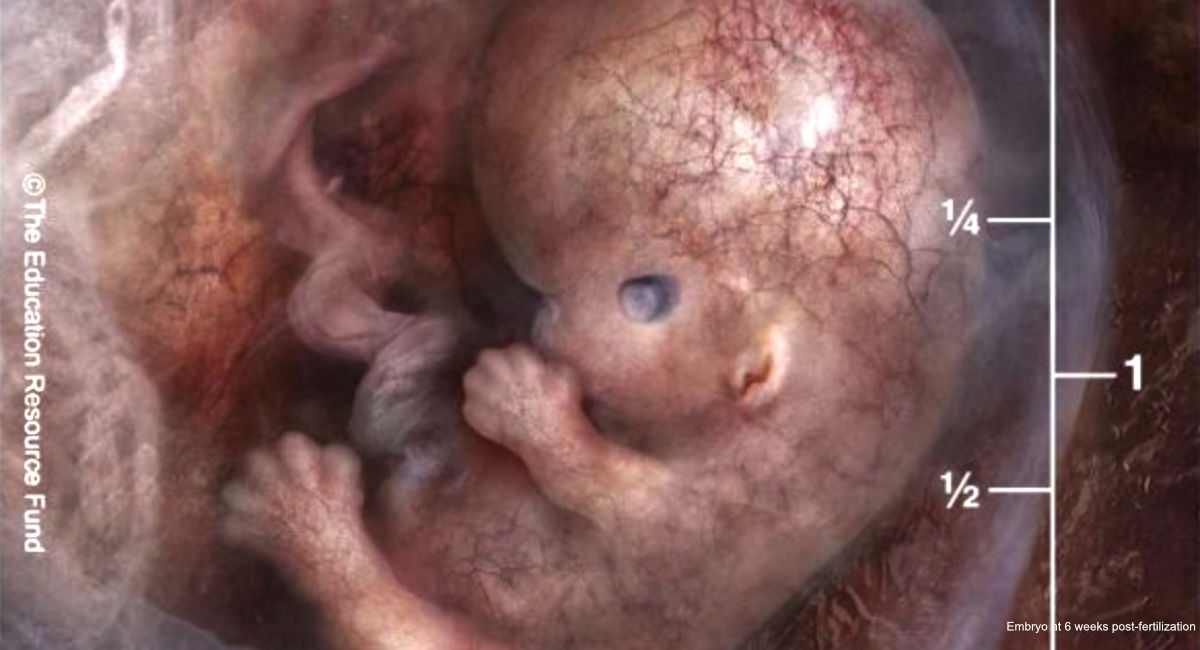The Ohio 1st District Court of Appeals has dismissed an appeal request from Ohio Attorney General Dave Yost regarding a lower court’s order to block the state’s pro-life heartbeat law.
Yost had requested that the court consider reversing the decision of Hamilton County Common Pleas Judge Christian Jenkins to temporarily block the law. Jenkins’ decision prevented the state from enforcing the law, allowing abortion to remain legal in Ohio for any reason until 22 weeks. The law would have protected preborn children from abortion once their heartbeat was detectable — at about six weeks, though the human heart begins to beat as early as 16-22 days post-fertilization.
The block will now remain in place indefinitely as Jenkins’ Hamilton County court considers whether or not the heartbeat law is constitutional, which could take up to a year, according to Cleveland.com.
“The state appealed this decision, but we find that it appealed prematurely,” the 1st District Court said in its order, noting that it cannot review cases until they have received a final ruling in the lower court.
However, Yost’s spokeswoman Bethany McCorkle said, “The First District Court of Appeals has erred as a matter of law. We will seek review by the Ohio Supreme Court.”
SB 23 passed the Ohio General Assembly in 2019, but a federal judge blocked it from taking effect after Gov. Mike DeWine signed it. Then on June 24 of this year, Roe v. Wade was overturned by the Supreme Court and a federal judge allowed this heartbeat bill to take effect. It remained in effect until Jenkins temporarily blocked it on October 9.
Pro-abortion groups including the ACLU, Planned Parenthood Federation of America, Planned Parenthood of Greater Ohio, Planned Parenthood of Southwest Ohio, ACLU of Ohio, and multiple abortion facilities signed a press release celebrating that babies can continue to be killed up to 22 weeks. (Preemies have survived as young as 21 weeks.) One of those abortion facilities, Preterm-Cleveland, is where 22-year-old Lakisha Wilson underwent a late abortion that led to her death. Wilson spent a week on life support before dying as a result of uterine atony, which an autopsy ruled was likely preventable.
“If Lakisha had been monitored properly, early signs of distress would have been rapidly detected and treated before she had deteriorated to the point of cardiopulmonary arrest,” said Troy Newman, President of Operation Rescue. “… [W]e call upon Cuyahoga County Prosecutor Timothy McGinty to launch a criminal investigation into the death of Lakisha Wilson and act quickly [to] bring those responsible to justice.”
As abortionist Curtis Boyd has admitted, late-term abortions carry significant risks for women because “[a]s gestation increases, it takes longer to do the procedure. It’s more difficult. It might be much more time involved in some of them so you’ve got more skill and experience required.” Boyd added that he pays abortionists more money for abortions late in pregnancy because “you’re more likely to have a hospitalization.”








